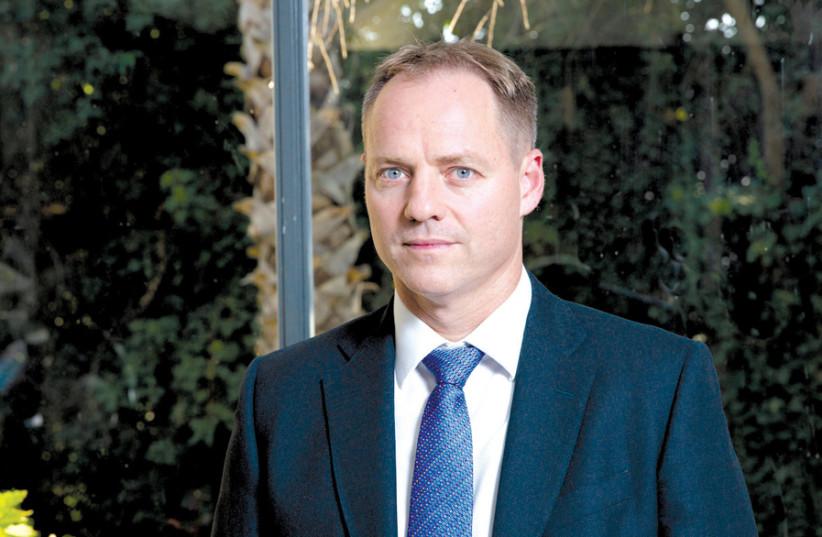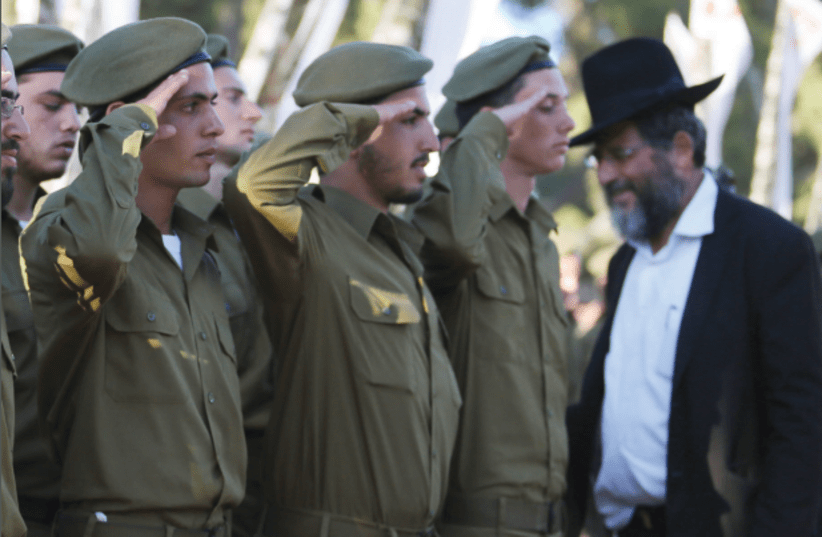
IDF internal report: Haredi enlistment figures deliberately falsified
If the new enlistment figures do indeed show that the rate of ultra-Orthodox enlistment has not been rising, then the government’s entire strategy for the issue would have to be called into question.

